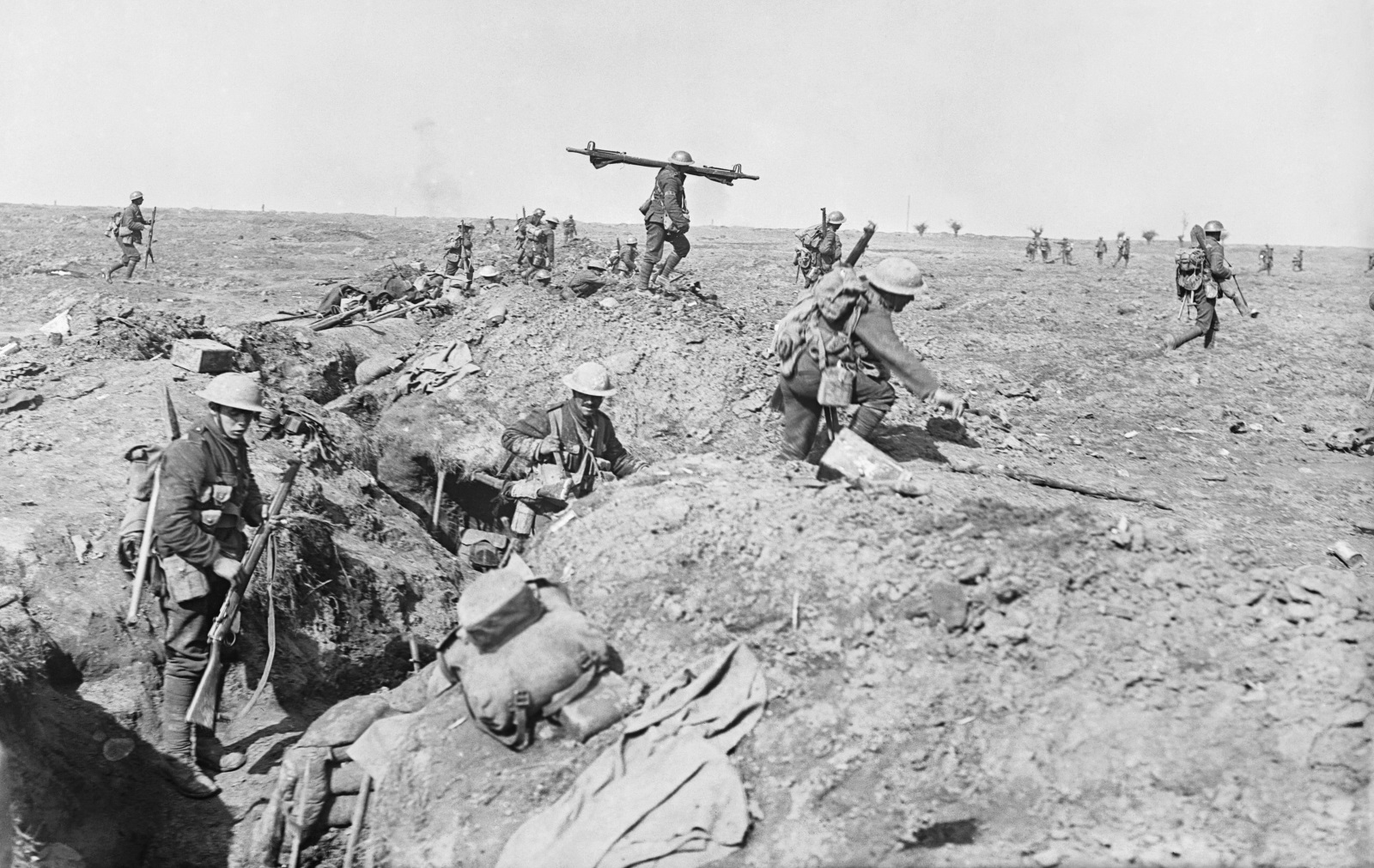





In March 1914, the British government was becoming increasingly uneasy with Unionist anti-Home Rule activity, and was considering some strong action to counteract it. Military action would also be extended to ensuring that barracks arms stores in Ireland would be safe in the event of the Ulster Volunteers staging raids.
Sir Arthur Paget, Commander-in-Chief of troops in Ireland, was summoned to London and told to round up 800 men to be sent to Ulster to quell Unionist unrest. On his return to the Curragh, he advised his brigadiers that action against Ulster was imminent, and that there was a possibility that Unionist leaders would be arrested. The brigadiers were now faced with the task of ordering their subordinate officers to take offensive action against their fellow countrymen. Unusually for the British army where orders are given and must be obeyed, the decision was taken that there would be choices available to the officers. Any officers with homes in Ulster would be allowed to go absent until the unrest was quelled. Officers who had no connection with Ulster would be given the choice of being dismissed before being given the order to mobilise. In this way they would not be considered mutineers.
In the end, 57 of 70 officers of the Curragh’s 3rd Cavalry Brigade, along with their commanding officer, Gen. Hubert Gough, refused to travel to Ulster and were dismissed.
The dismissal of so many officers caused consternation in the British government who immediately set about damage limitation, denying that there were any plans to arrest Unionist leaders, and putting the whole incident in the Curragh down to an “honest misunderstanding”.
The War Office later stated that ministers had no intention of using the army to enforce Home Rule. However the authors of the War Office statement were eventually forced to resign which suggests that this statement had no government backing.
The Curragh incident had the effect of bolstering Unionist confidence that there was no appetite in government to use force in Ulster. It further set a precedent that the British army would not be used to quell anti-Home Rule protest. This policy would ease any concerns the Ulster Volunteers might have had when, a month later, they imported twenty five thousand rifles and five million rounds of ammunition from Germany for use in the fight against the imposition of Home Rule.
